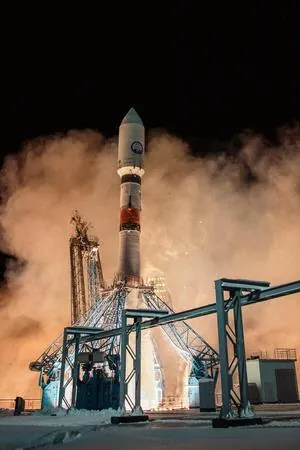
Russia Successfully Launches Kondor-FKA Radar Satellite: A New Era in Earth Observation
2024-11-30
Author: Benjamin
Introduction
On November 30, 2023, Russia marked a significant advancement in its space capabilities by successfully launching the Kondor-FKA No. 2 radar satellite aboard a Soyuz-2.1a rocket from the Vostochny Cosmodrome in the Russian Far East. This launch underscores Russia's commitment to enhancing its Earth observation capabilities, employing cutting-edge technology designed to provide comprehensive data regardless of weather conditions or time of day.
Kondor-FKA Satellite Technology
The Kondor-FKA satellites are equipped with sophisticated radar systems that allow for unparalleled all-weather surveillance. Unlike traditional optical satellites, which are hindered by clouds and nightfall, these radar systems can penetrate through weather barriers, making them vital for a diverse range of applications. Such functions include detailed mapping of the Earth's surface, environmental monitoring, exploration of natural resources, and navigation assistance for ships traversing icy waters, such as the critical Northern Sea Route during the long polar nights.
Successful Launch and Validation
According to Russia's space agency Roscosmos, the successful insertion of the Kondor-FKA No. 2 satellite into its designated orbit validates the robustness of their launch systems. "The second radar satellite, Kondor-FKA, has reached orbit! The launch systems worked as planned," Roscosmos stated, highlighting the precision of the operation.
Evolution and Future of the Kondor Series
The Kondor series, engineered by the NPO Mashinostroyeniya design bureau, has evolved remarkably since its inception, which dates back to the early 2010s. The first two satellites in this series were launched in 2013 and 2014, while the first Kondor-FKA satellite reached orbit earlier this year in 2023. With two additional satellites already under construction, Russia plans to further expand its radar capabilities with another scheduled launch for 2026.
Specifications and Global Impact
Each Kondor-FKA satellite weighs around 1,050 kg and boasts a projected operational lifespan of five years. As global reliance on satellite technology grows, these advancements position Russia as a key player in the realm of Earth observation, paving the way for enhanced monitoring of critical environmental changes and supporting efforts in disaster management and resource management across the globe.
Geopolitical Implications
With this launch, analysts speculate on the potential implications for international security and climate monitoring. The Kondor-FKA satellites could revolutionize the way nations survey their territories and manage natural resources, leading to geopolitical tensions or collaborative efforts in tackling climate change. As space becomes an increasingly contested realm, it will be intriguing to see how this development impacts international relations and scientific advancement.
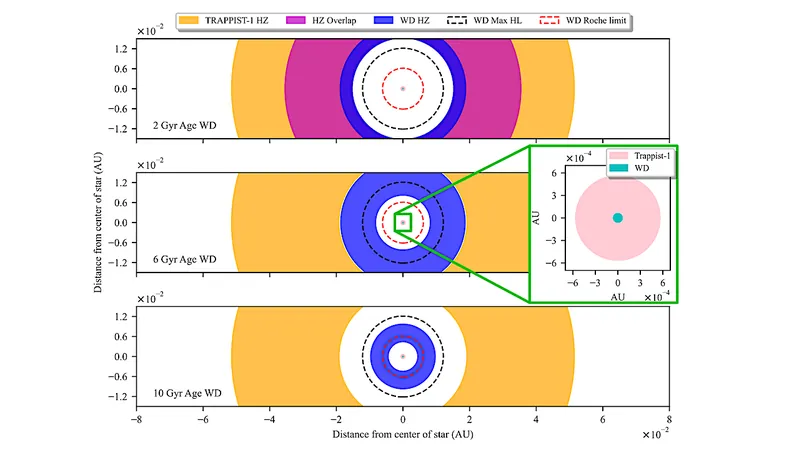
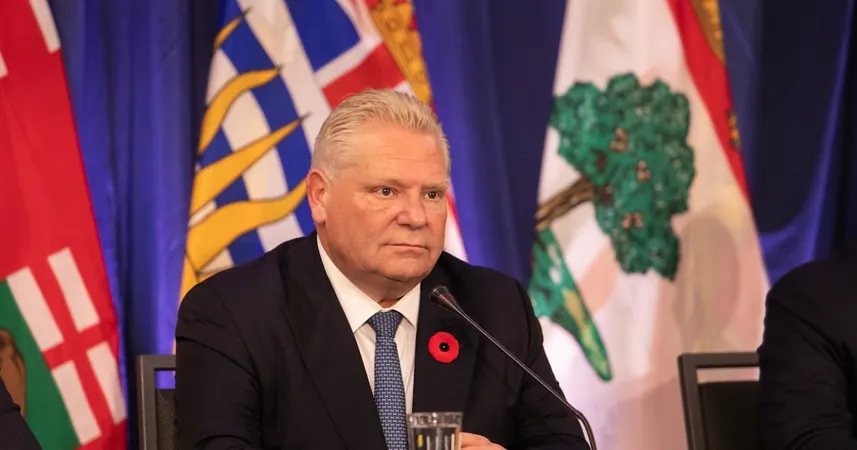



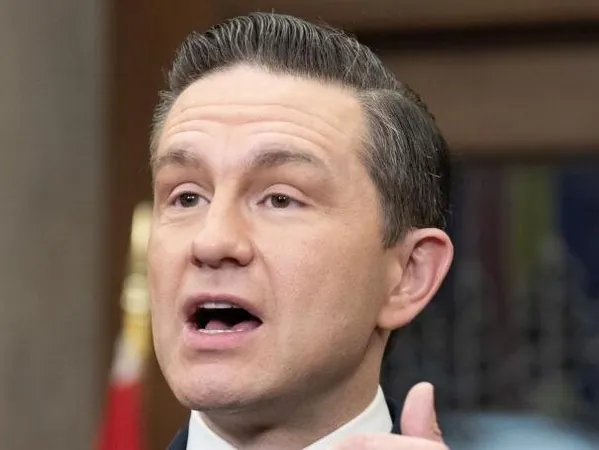

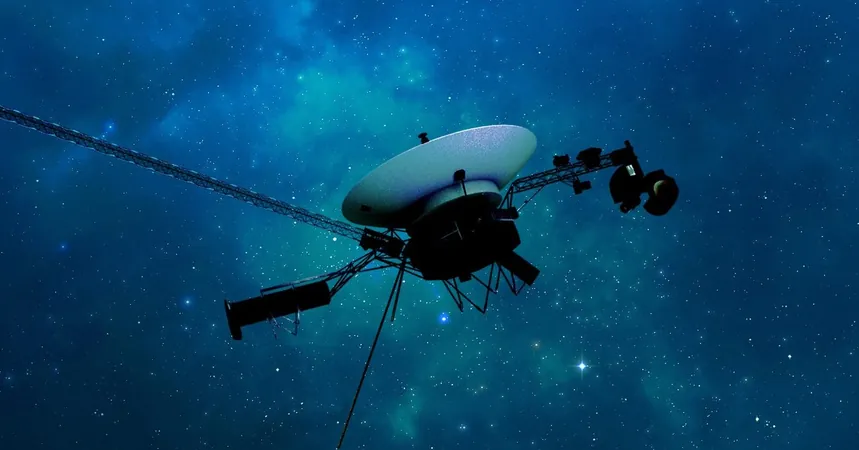
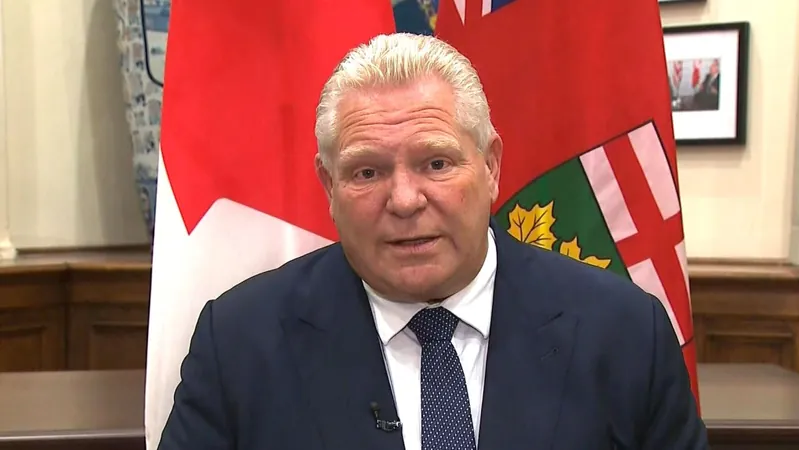
 Brasil (PT)
Brasil (PT)
 Canada (EN)
Canada (EN)
 Chile (ES)
Chile (ES)
 España (ES)
España (ES)
 France (FR)
France (FR)
 Hong Kong (EN)
Hong Kong (EN)
 Italia (IT)
Italia (IT)
 日本 (JA)
日本 (JA)
 Magyarország (HU)
Magyarország (HU)
 Norge (NO)
Norge (NO)
 Polska (PL)
Polska (PL)
 Schweiz (DE)
Schweiz (DE)
 Singapore (EN)
Singapore (EN)
 Sverige (SV)
Sverige (SV)
 Suomi (FI)
Suomi (FI)
 Türkiye (TR)
Türkiye (TR)